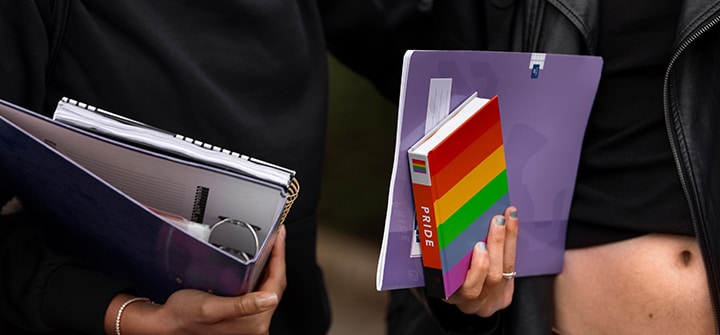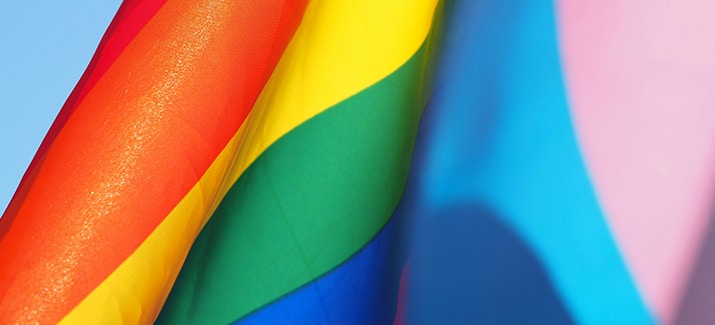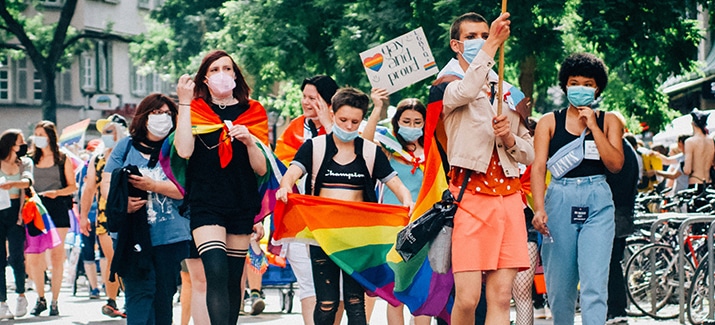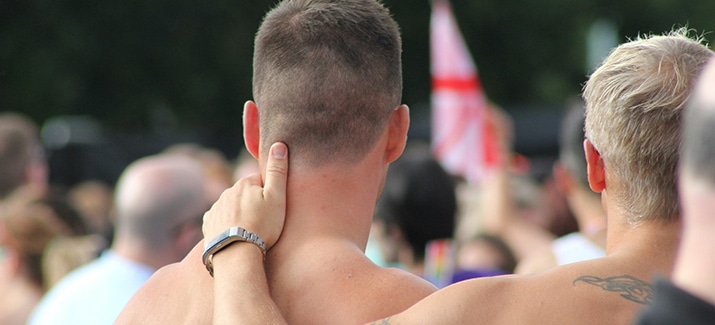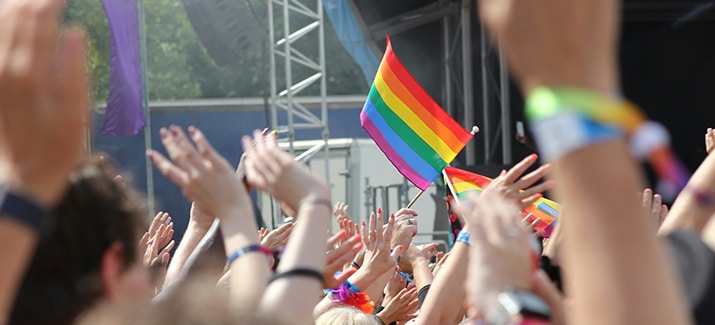As we grow in our understanding of gender and sexuality, along with the various ways people around the world choose to identify, it’s crucial to grasp what it means to be an LGBTQIA+ ally and how we can all become one.
What is an LGBTQIA+ Ally?
An LGBTQIA+ ally is someone who supports and respects members of the LGBTQIA+ community. These individuals can be found everywhere in society – they are our mothers, fathers, sons, daughters, sisters, brothers, aunts, uncles, cousins, and friends. By being an ally, you support not only those close to you but also the wider community.
What Does an LGBTQIA+ Ally Do?
An LGBTQIA+ ally advocates for equal rights and fair treatment of the LGBTQIA+ community, both on a personal level and in broader contexts. They educate themselves and others about the issues faced by the community, and they challenge assumptions and stereotypes.
Allies play a significant role in promoting and sustaining LGBTQIA+ rights worldwide. They might help a family member or friend through the coming-out process, offering steadfast support throughout. Allies are crucial in helping others understand the importance of equality, fairness, acceptance, and mutual respect.
The Role of Allies
LGBTQIA+ allies show their support in various ways, such as mentioning their ally status in conversations, including it in their social media bios, or expressing solidarity with the LGBTQIA+ community publicly. They might also participate in events like Bournemouth Pride, offering visible support and creating safe spaces for the community.
Anyone can be an ally, regardless of their own sexual orientation or gender identity. Straight allies, often referred to as “straight” because they are heterosexual, can be male or female, and transgender individuals can also be allies. Gay allies typically use the same label they use for themselves.
Why is it Important to be an LGBTQIA+ Ally?
People in the LGBTQIA+ community face discrimination daily and often require support beyond their immediate community. Allies play a vital role in advocating for LGBTQIA+ rights, whether it’s speaking out against discrimination and violence in the workplace, at school, or at home.
Being an ally is essential to ensuring that LGBTQIA+ individuals have positive coming-out experiences. They may not feel comfortable discussing their sexual orientation with certain family members, friends, or co-workers and might feel isolated or alone. Allies offer crucial support and respect, helping to combat these feelings of isolation.
Final Thoughts
While significant progress has been made in recent years, we still have a long way to go before everyone in society enjoys equal rights in all aspects of their lives. Becoming an LGBTQIA+ ally doesn’t require much, but it can make a profound difference in the lives of LGBTQIA+ individuals, helping them feel loved and respected rather than isolated and ashamed.
The role of an ally can vary – from volunteering for a Pride organisation to simply listening to a friend’s struggles. One day, everyone will be an LGBTQIA+ ally, respecting and supporting the community. Until then, choose to support the LGBTQIA+ people in your life, your community, and around the world by educating yourself and others.


